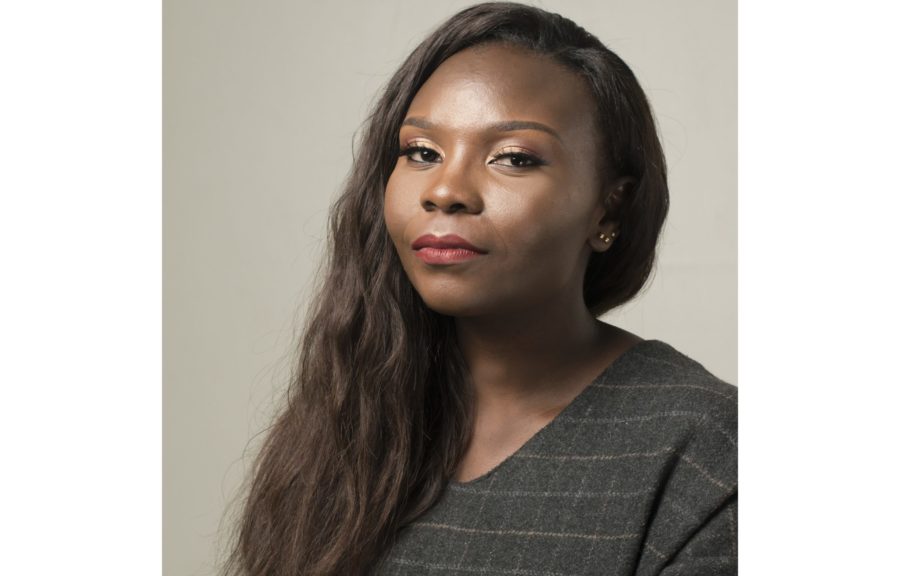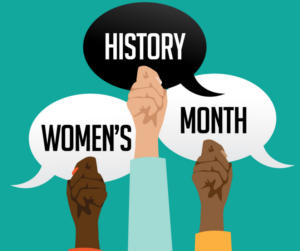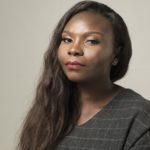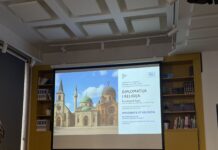Nina Forgwe
Political and Programmes Officer, Cameroon
Guest blogger for FCO Careers
12th March 2020
Nina Forgwe: Success, what success? 
As part of our Women’s History Month campaign, #RedefiningSuccess, we have asked our colleagues from across the Foreign and Commonwealth Office to share what success means to them. Here, Nina Forgwe shares her definition.
Success, what success?
I come from a family where my siblings and I are all university educated.
I have travelled the world a fair bit.
Some consider me successful. I have a great job.
But, I also come from a community where the success narrative for a woman is dominated by three solid tests; marriage, child bearing and the needs of the home and husband.
A successful woman is one who excels at all three. I failed at all three.
I bought into that narrative so completely that a year ago, I was a failure.
There was no pitty-patter of tiny feet. In the eyes of my husband, I did not serve him well. I did not say ‘yes dear’ enough. I was not submissive enough. My marriage was in tailspin.
I crashed. I went back home. Aunties rubbed it in. The jury came back, and my head bowed in failure, pity and self-loathing.
I could have carried wallowing but something happened which completely changed my perspective and redefined what success meant. It started as a trickle, the one, and then the many.
Young women, and some young men too, people who knew my work and I, people I met at conferences started reaching out.
They all sought a mentor and had determined that I was the one.
You sure? I asked the first comers. Me?
Poor unsuccessful me, one who society had counted, weighed and found wanting?
They wanted me as a mentor.
During my dog days, I had lost sight of the work I had done in the community.
I had worked tirelessly in civil society as a youth and civic leader, worked with local and international organizations to deliver empowerment campaigns for vulnerable women, worked with internally displaced women and children fleeing conflict, worked to counter youth radicalization.
In my erroneous evaluation of my success, within the traditional framework, which relegated the woman to her biological function and caregiver role, I had forgotten all that.
I turned 30 on the 11th of March and today, I know I am successful because I have reached out and touched the lives of others. I have helped ignite in them, a flame of positivity and empowerment. I feel successful because I have now found my north star, and I hope life continues to offer me the opportunity to touch even more lives.
To know that even one life has breathed better because I was here is the definition of success to me.















